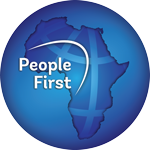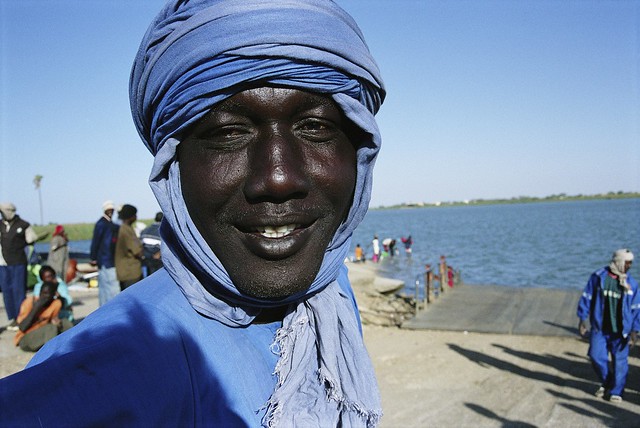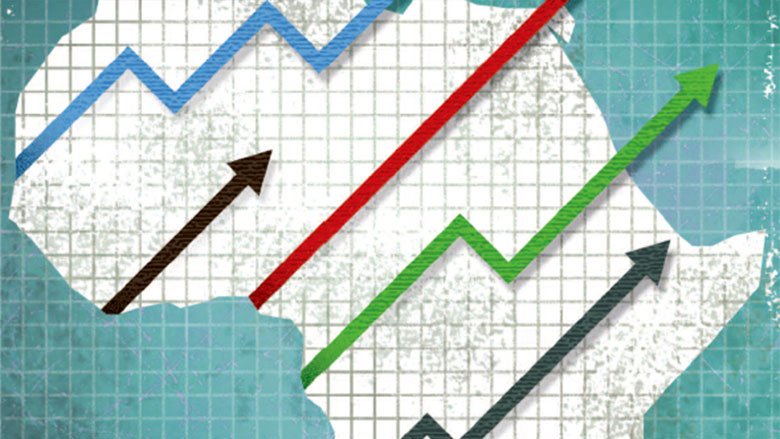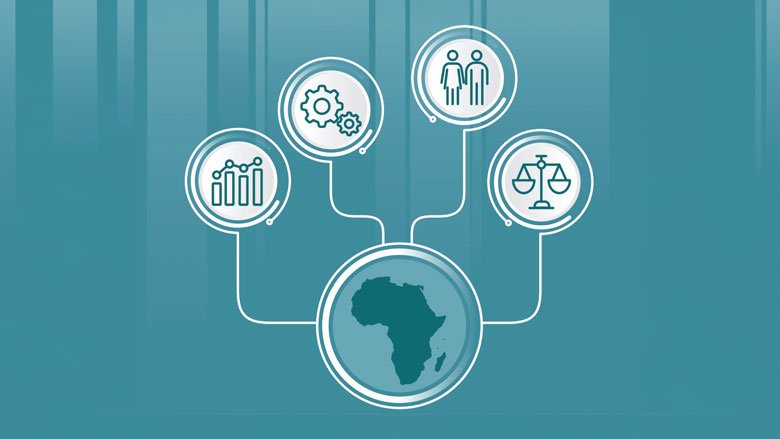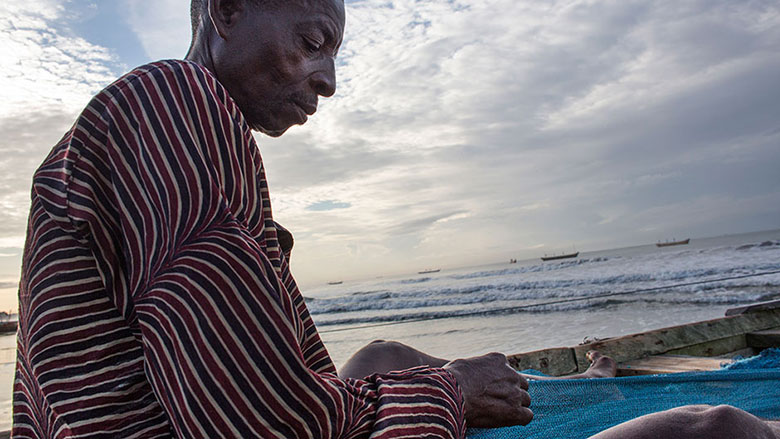Context
Bordered to the north by Guinea Bissau, Senegal, and Mali, and to the south by Sierra Leone, Liberia, and Côte d’Ivoire, Guinea enjoys sizeable endowments of natural resources, energy opportunities, and arable land. In 2021, the country's population was 13.53 million. As the country's largest employer, the agriculture sector plays a key role in poverty reduction and rural development, providing income for 57% of rural households, and employment for 52% of the labour force.
In addition to this sector, natural resources and also processing industries and services are economic assets for Guinea. But to reap their full benefits and accelerate the process of structural transformation, the country needs to improve its governance.
Guinea also derives most of its revenues from mining. Experience shows, however, that mining and hydropower can have direct and indirect negative impacts on biodiversity and the environment. These potential risks will need to be carefully managed. Another major challenge for Guinea is youth unemployment and gender inequality.
Political Context
On March 13th 2024, a new government was set up, two weeks after the appointment of a third Prime Minister since the 2021 coup. The formation of a new government comes after ECOWAS’ decision on February to lift economic sanctions imposed on Guinea and engage in technical and consultative discussions with the transition authorities.
The Prime Minister has indicated a deviation from the transition timetable initially agreed with ECOWAS, foreseeing a return to constitutional order by 2025 rather than by December 2024. Such statement comes not by surprise to the opposition and civil society, given the substantial delays in addressing critical items, notably, securing the $600 million US required to fund the 10 priority points among others the census of the population for the electoral process and the release of a draft constitution. However, the opposition is still demanding the government to commit to complete all elections by end 2024 using an inclusive process.
The President committed, during his end-year speech, to hold a referendum on the new constitution in December 2024. Prime minister Oury Bah and its government has committed to re-engaging with all the socio-political actors in an inclusive dialogue to return to constitutional order.
Economic Overview
- growth accelerated in 2023 to 7.1%, bolstered by strong mining sector performance;
- for the same year, inflation is estimated at 9.3%, down from 2022 (11.6%), aided by stable transport costs and prudent fiscal and monetary policy;
- the overall budget deficit (including grants) widened to 1.6% of GDP in 2023 from 0.9% in 2022. However, revenues remained low, at just 11.8% of GDP. Mining tax revenues remained stable at 2.0% of GDP;
- subsidies to the electricity sector fell from 2.8% of GDP in 2021 to 1.9% in 2022. At the same time, the State increased its capital expenditure to 1.41% of GDP, higher than in 2021;
- Public debt fell slightly to 35.5% of GDP in 2023 from 36.7% in 2022, due to the repayment of bonds contracted on the domestic market and securitized debt.
Uncertainties surrounding the political transition could slow the implementation of reforms. In particular, delays in reforms aimed at strengthening the governance and financial performance of the electricity utility could reduce private investment and spending on social programs. In this context, the government would benefit from increasing domestic revenue mobilization, deepening electricity sector reform and expanding health and social protection measures.
Last Updated: Apr 08, 2024


